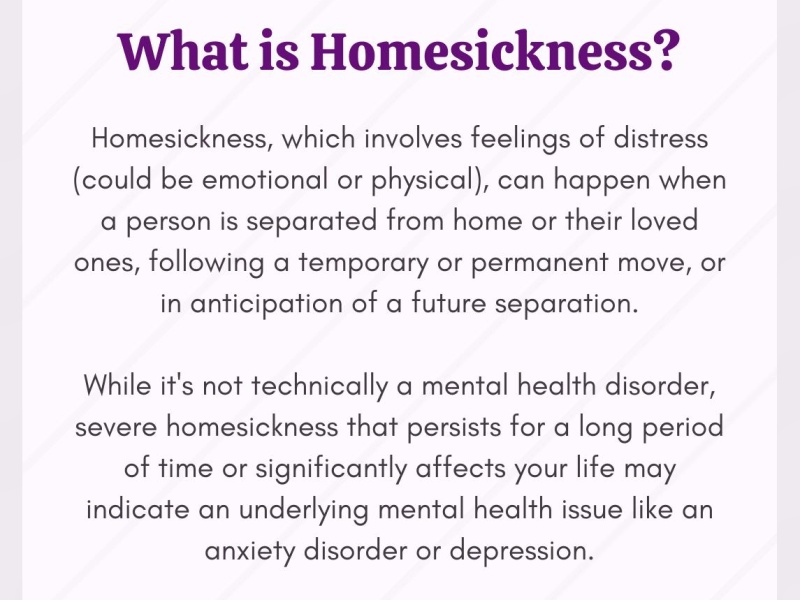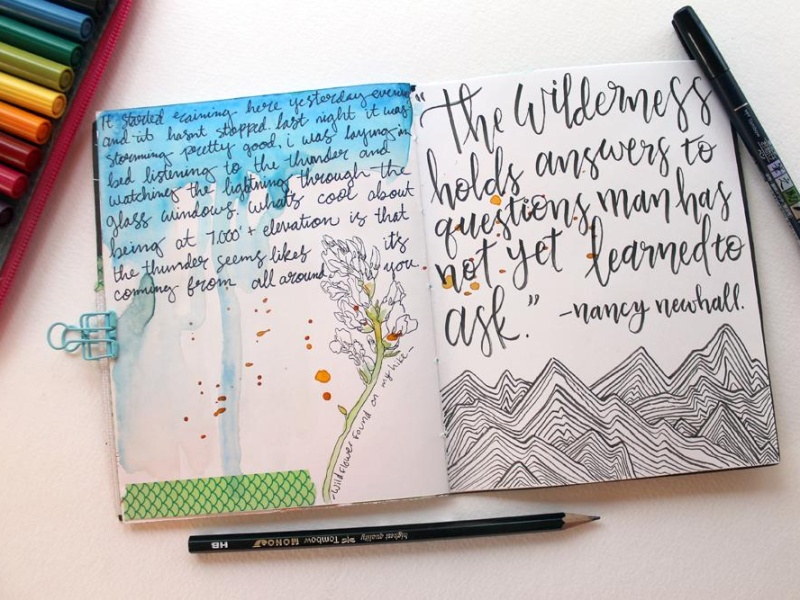Understanding Homesickness: What It Is and Why It Happens

Homesickness is a natural emotional response to being away from familiar surroundings, people, and routines. It often manifests as feelings of sadness, anxiety, or longing for home. While backpacking, the excitement of new experiences can sometimes be overshadowed by the discomfort of being in an unfamiliar environment. Understanding why homesickness occurs is the first step toward managing it effectively. It’s not a sign of weakness but rather a reflection of your attachment to the people and places you love.
Preparing Mentally Before Your Trip

One of the best ways to combat homesickness is to prepare yourself mentally before you even leave home. Acknowledge that you might miss your loved ones and familiar comforts, and that’s okay. Create a plan for staying connected, whether through regular video calls or sending postcards. Pack a few sentimental items, like a favorite book or a small photo album, to remind you of home. By setting realistic expectations and preparing emotionally, you can reduce the intensity of homesickness when it arises.
Building a Routine in a New Environment
Establishing a routine can provide a sense of stability and familiarity, even in an unfamiliar place. Start your day with a morning ritual, like journaling or stretching, to ground yourself. Plan your activities but leave room for spontaneity. Having a structure can help you feel more in control and less overwhelmed by the newness of your surroundings. Over time, your new routine will become a comforting anchor, making the unfamiliar feel a little more like home.
Staying Connected with Loved Ones

Technology has made it easier than ever to stay in touch with family and friends while traveling. Schedule regular check-ins to share your experiences and hear about what’s happening back home. However, be mindful not to overdo it—spending too much time on your phone can prevent you from fully immersing yourself in your travels. Balance staying connected with being present in the moment. A quick message or call can go a long way in easing feelings of homesickness.
Embracing the Local Culture

One of the most effective ways to combat homesickness is to immerse yourself in the local culture. Try new foods, learn a few phrases in the local language, and participate in cultural activities. Engaging with the community can help you feel more connected to your surroundings and less focused on what you’re missing back home. The more you embrace the uniqueness of your destination, the more you’ll appreciate the experience of being there.
Practicing Self-Care on the Road

Traveling can be physically and emotionally draining, so it’s important to prioritize self-care. Get enough sleep, eat nutritious meals, and take time to relax. If you’re feeling overwhelmed, give yourself permission to take a break. Whether it’s reading a book, meditating, or simply sitting in a park, self-care can help you recharge and maintain a positive mindset. Remember, taking care of yourself is not selfish—it’s essential for enjoying your journey.
Making New Friends and Building Connections

One of the joys of backpacking is meeting people from all walks of life. Strike up conversations with fellow travelers or locals, and don’t be afraid to step out of your comfort zone. Shared experiences can create strong bonds and provide a sense of belonging. Whether it’s a hostel roommate or a friendly local, these connections can help alleviate feelings of loneliness and make your journey more enjoyable.
Keeping a Travel Journal

Writing about your experiences can be a therapeutic way to process your emotions and reflect on your journey. A travel journal allows you to document your adventures, express your feelings, and track your personal growth. It can also serve as a reminder of why you chose to embark on this journey in the first place. When homesickness strikes, flipping through your journal can help you appreciate the incredible experiences you’ve had and the progress you’ve made.
Focusing on the Present Moment

Homesickness often stems from dwelling on the past or worrying about the future. Practicing mindfulness can help you stay grounded in the present moment. Pay attention to your surroundings, engage your senses, and fully experience each moment. Whether it’s the sound of waves crashing on the shore or the taste of a local delicacy, being present can help you appreciate the beauty of your journey and reduce feelings of longing for home.
Key Takeaways
Homesickness is a natural part of traveling, but it doesn’t have to overshadow your adventure. By preparing mentally, building a routine, staying connected, and embracing new experiences, you can manage homesickness effectively. Remember to practice self-care, make new connections, and focus on the present moment. With these strategies, you can turn homesickness into an opportunity for growth and create lasting memories on your backpacking journey.
Frequently Asked Questions
Q: Is it normal to feel homesick while backpacking?
A: Absolutely. Homesickness is a common experience for travelers, especially when you’re far from familiar surroundings and loved ones. It’s a sign of your attachment to home, not a weakness.
Q: How long does homesickness usually last?
A: The duration of homesickness varies from person to person. For some, it may last a few days, while for others, it could persist for weeks. The key is to acknowledge your feelings and take steps to manage them.
Q: Can homesickness ruin my trip?
A: Not necessarily. While homesickness can be challenging, it can also be an opportunity for personal growth. By addressing your feelings and using coping strategies, you can still have a fulfilling and enjoyable trip.



